The Flemish STEM action plan (2012) wants to stimulate young people to choose STEM courses and careers. Important themes in the plan are 'more attractive STEM education' and 'strengthening teachers and trainers'. Both the Masterplan secondary education (SO) and the STEM platform argue in favour of STEM teachers in primary schools. This project responds to this because of its objective to sustainably implement STEM in both primary and first grade secondary education with attention for the transition from primary to secondary education.
We opt for a STEM learning network, more specifically a physical place and website to share information, discuss needs, answer questions and inspire each other. The composition of the STEM learning network consists of delegates from Antwerp primary schools and first grade secondary schools together with professors and student teachers. The delegates guide their school team in the implementation of STEM. Earlier research on professional learning communities, Teacher Design Team (TDT) and Lesson Study (LS) teaches us that cooperation and working actively for one's own classroom practice - ownership - is more effective than classical continuing education.
We strive for higher Pedagogical Content Knowledge (PCK) among teachers and positive attitudes towards STEM. In this way, we expect to achieve a qualitative STEM-implementation at pupil and school level, as a result of which the interest and attitudes towards STEM among pupils will evolve positively. We use previously designed tools (Co-Profs in STEM, 2018) during the coaching in the learning network to screen and optimise the quality of STEM material and activities.
On the basis of our own research documents, (inter)national literature, several measuring instruments will be designed and tested to analyse research data at different times throughout the duration of the project. Focus groups and interviews will also be used.






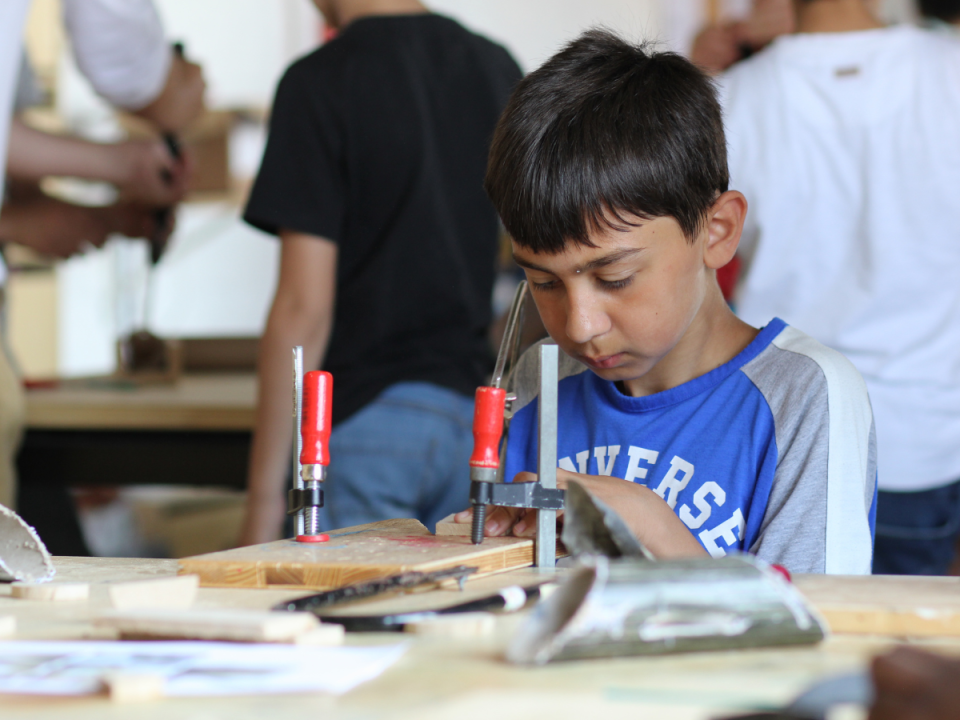
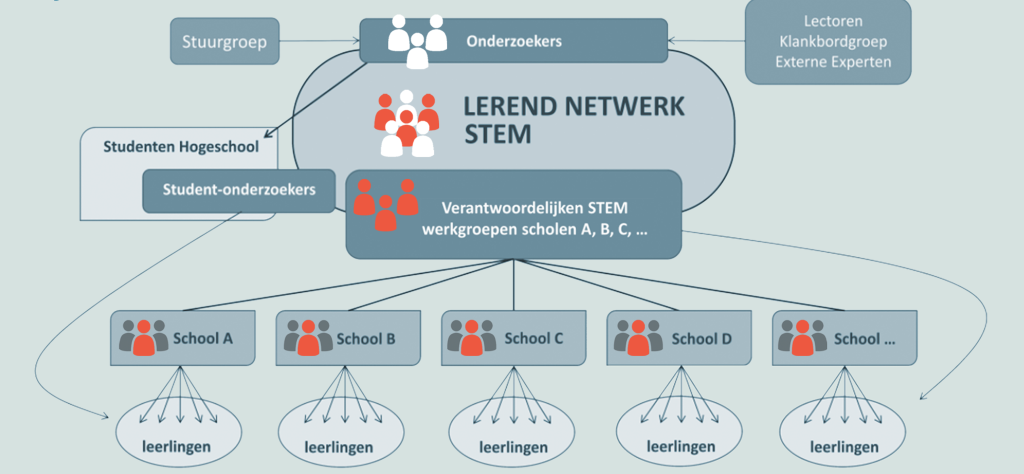
 Deelnemende scholen:
Deelnemende scholen:
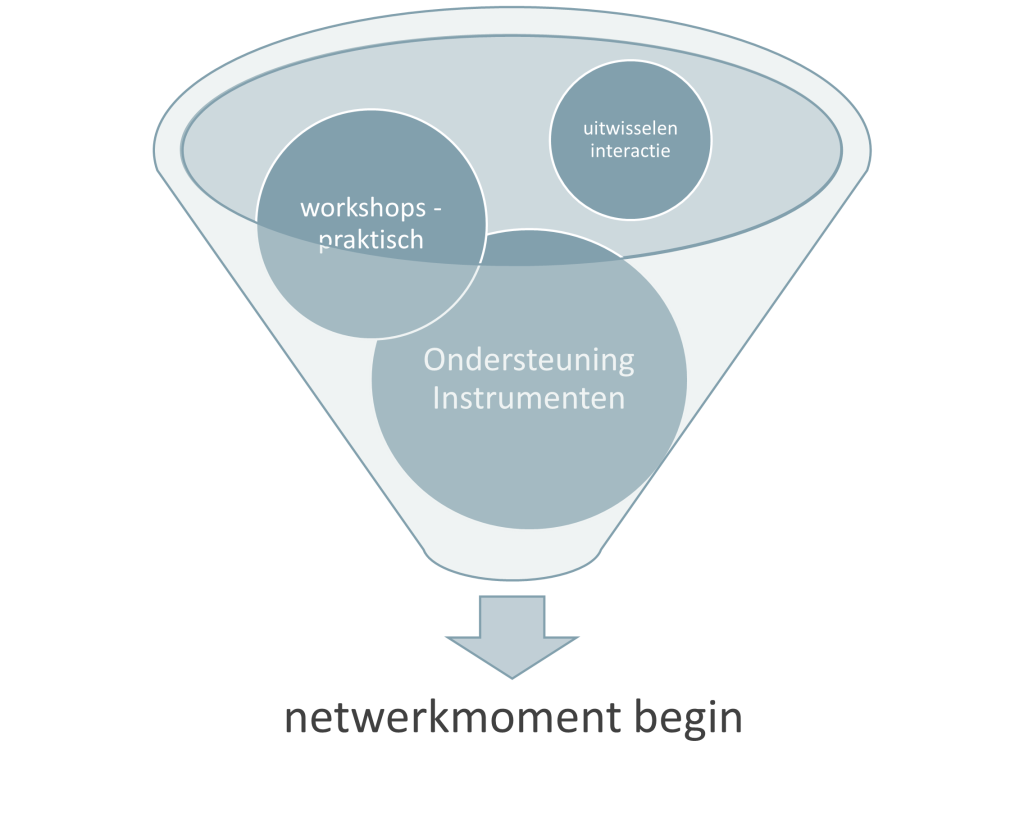
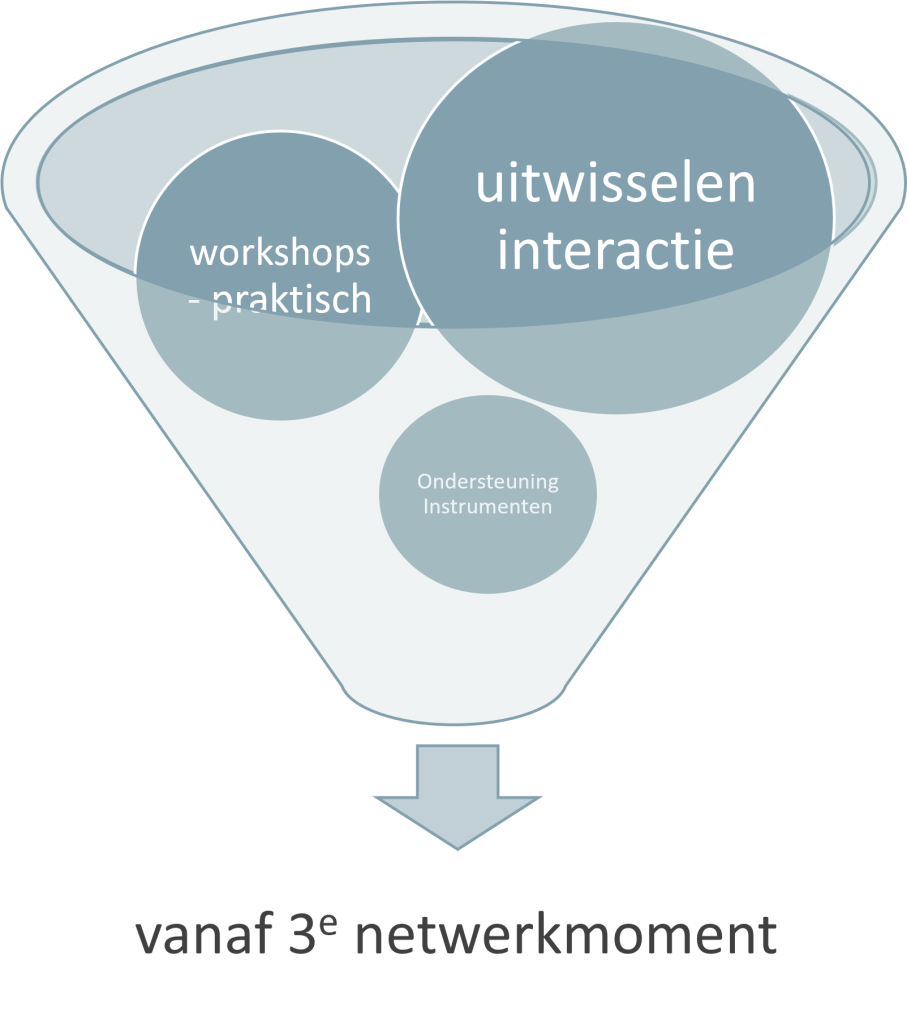
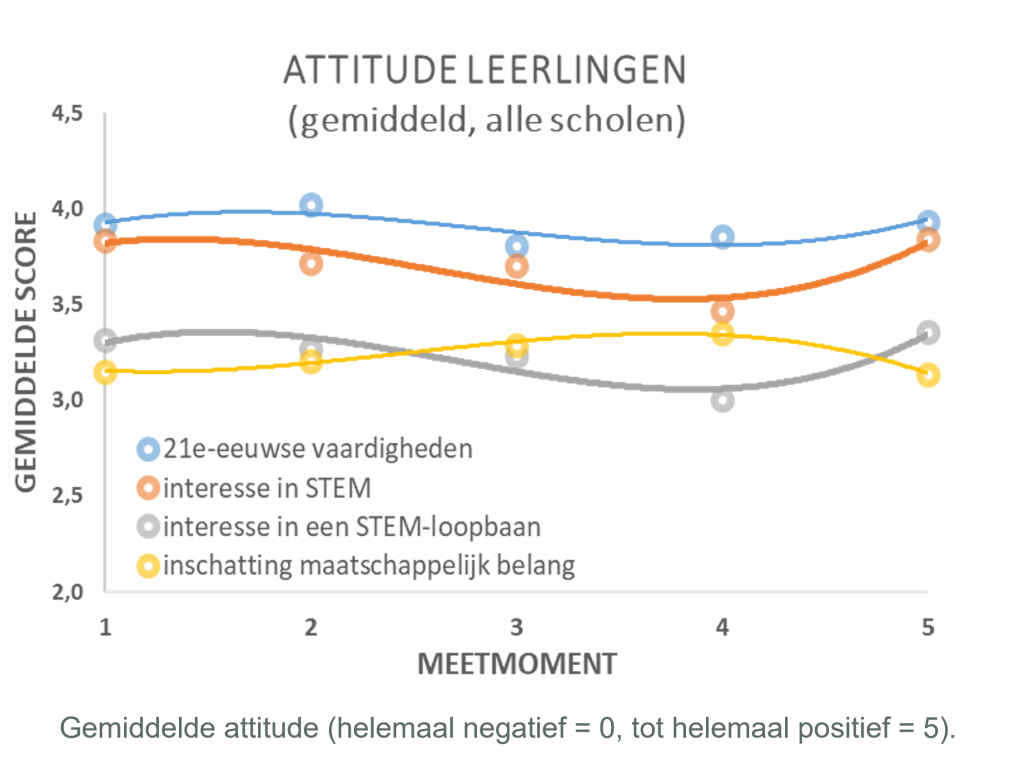 Het doel van het onderzoek was nagaan of deelname aan het professionaliseringstraject een invloed had op de
Het doel van het onderzoek was nagaan of deelname aan het professionaliseringstraject een invloed had op de